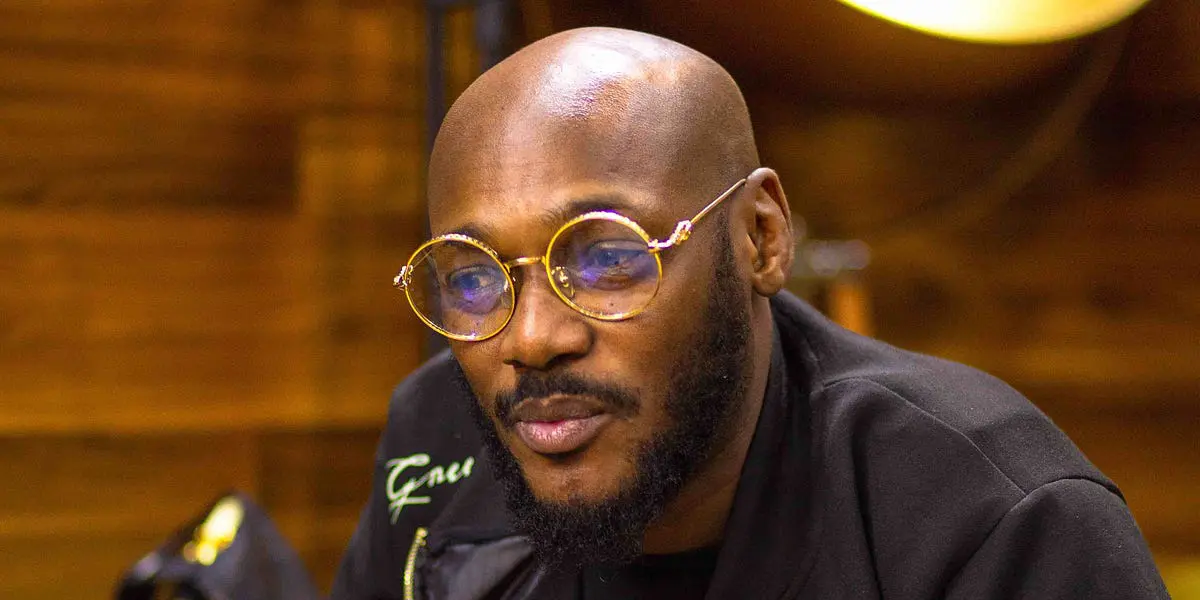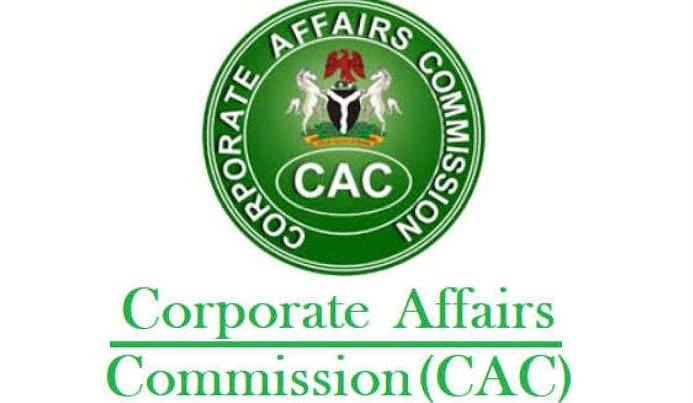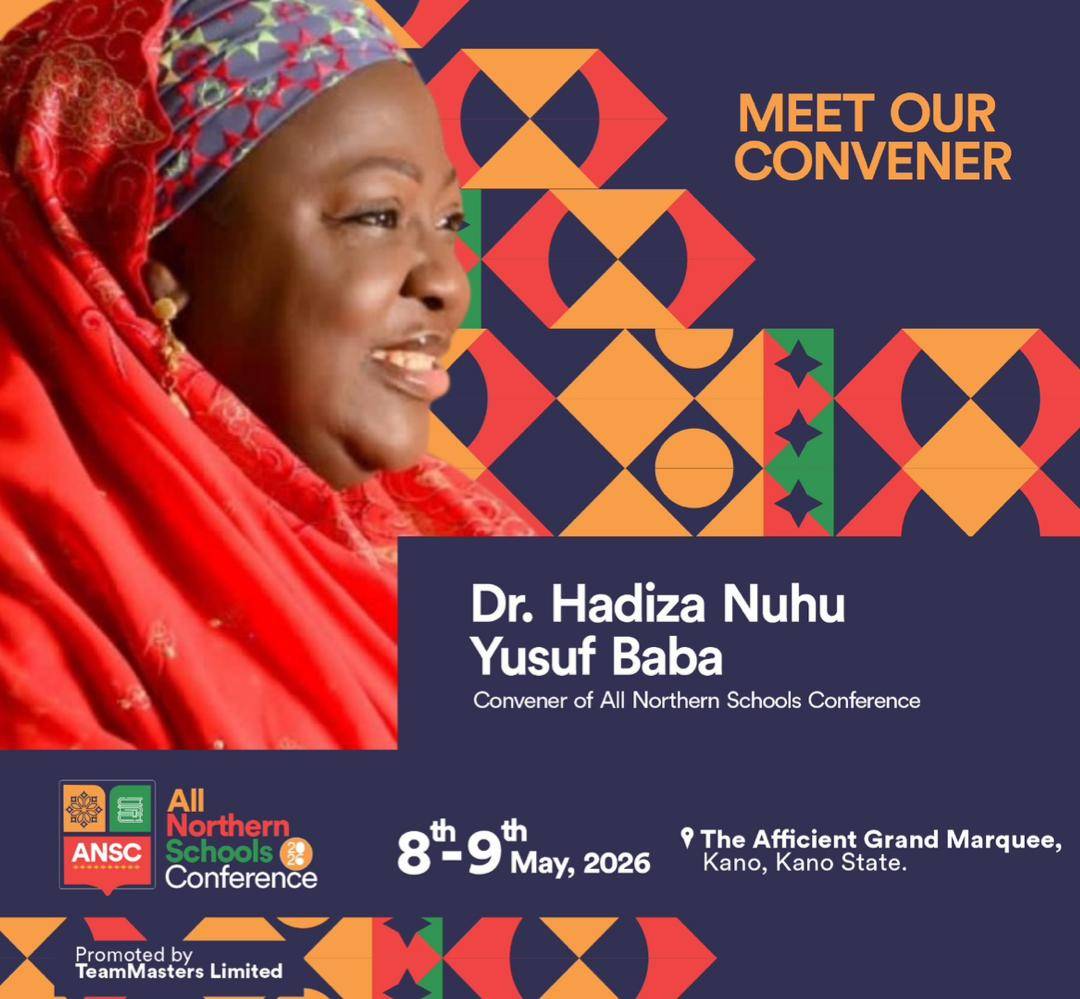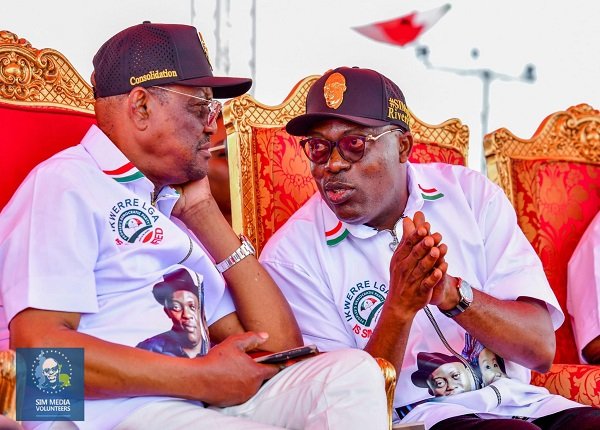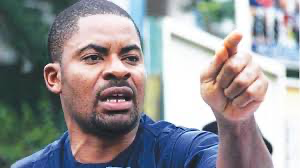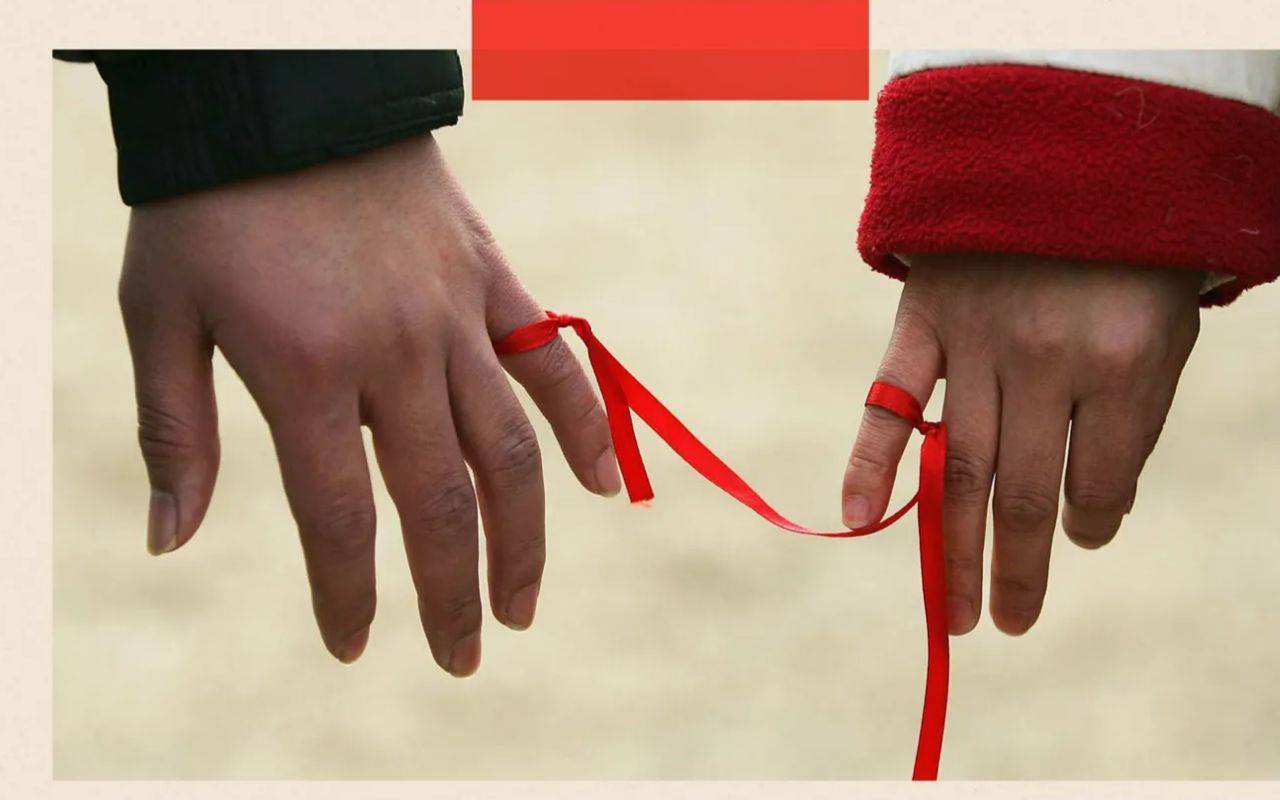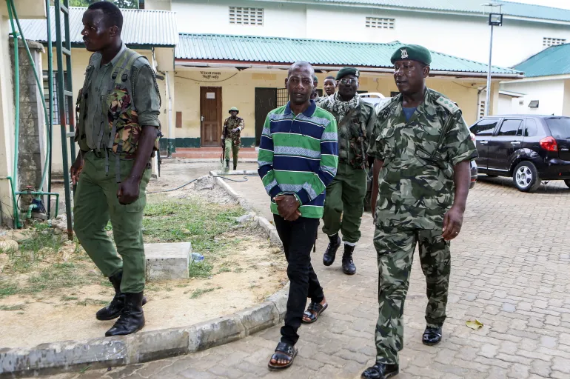By Cosmas Odoemena
God is no longer a Nigerian. The god of football has abandoned Nigeria.
These were the thoughts racing through my head as I watched Nigeria’s Super Eagles being humbled by Benin Republic in a World Cup qualifier. It is one of the most painful experiences any football-loving Nigerian will have.
Nigeria missed the last World Cup held in Qatar. Now, it’s about losing the ticket in a group that almost everyone thought would be a walkover. Even if a miracle happens and Nigeria qualifies, what will be judged as progress is getting past the second round of the competition, which has been Nigeria’s best so far. Now, the qualification itself seems to be eluding us.
I know there are no more minnows in African football. There is no doubt that African teams are upping their game. But remember that while African teams have continued to progress, they still have not been able to match the progress reached by the top football-playing countries in the world. Much is then expected from one of Africa’s football giants.
All the same, the Nigeria Football Federation, NFF, and the Sports Development Ministry are already putting heads together to find a “solution” to the problem. They have resolved to hire an expatriate technical adviser for the Super Eagles. There are also plans in place to scout for “outstanding Nigerian-eligible players from across the globe” “who can add tremendous value to the nation’s flagship team.”
But I am sorry to say there is more to Nigerian football woes than meets the eye. Foreign football commentators continue to enthuse about the quality of talent Nigeria has. Now, this is an unbiased commentary. Some may argue that what we lack is a world-class coach. Finidi George is not a good coach. Is there any coach who has worked for Nigeria who has not been criticised? Even Alex Ferguson may struggle.
I am not a doomsayer. I am not being superstitious. From the age-grade competitions to the senior level, it has been the same. What is the missing link? Take it or leave it, the ‘Nigerian situation” is probably affecting our football. Perhaps Nigeria is jinxed. Some of the players themselves may have sensed this and are now dodging national duties. They may even feign injury to achieve this. They probably do not want to be part of a seemingly accursed setting that will spoil their career.
Going back in time, Nigeria won the AFCON three times. First time at home in 1980, then in Tunisia in 1994, which was the year Nigeria played in their first World Cup. Then we won the Nations Cup again in 2013. At the 1996 Olympics, Nigeria became the first African nation to win an Olympic gold medal.
Coming to the cadet level, Nigeria is the most successful nation in the Under-17 World Cup, having won the competition five times in 1985, 1993, 2007, 2013, and 2015. Brazil follows Nigeria with four wins in 1997, 1999, 2003, and 2019. For the Under-20 men, they were runners-up in the 1989 and 2005 Under-20 World Cups. At the African level, the Flying Eagles won the Africa U-20 Cup of Nations in 1983, 1985, 1987, 1989, 2005, 2011, and 2015.
At the club level, Enyimba FC were CAF Champions League Champions in 2003 and 2004. They also won the CAF Super Cup in 2004 and 2005.
If you look closely, the last time Nigeria won any major tournament in football was in 2015, and that was by the Under-17 team, the Golden Eaglets. Now, it’s not as if Nigeria has ever been a paradise for a nation. But counting back from 2015, Nigerians fared better as a people than they have since “2016,” when they started experiencing hardship in the name of a “new government”.
This is not mischief-mongering. The crux of the matter is that Nigeria’s football has been going down the drain since “2016,” despite all the efforts being made to salvage it. That is the same situation with Nigeria since “2016.” It can no longer be taken as a coincidence. The witch cried in the night, and the baby died in the morning.
I cannot emphasise it more than by saying Nigeria’s problem in football cannot be extricated from Nigeria as an entity. The opposition has something to taunt those in power with. Nigerians are living in bondage. Our football team is in bondage. Virtually every sector in Nigeria is in bondage. Be it health, power, economy, or education—just name it. The problems have quadrupled. Hunger, poverty, and destitution have remained among many Nigerians. In many homes, a square meal is a luxury. Added to this is heightened insecurity. Many families cannot take their children to the South-East because of safety concerns.
The middle class is almost extinguished. Consumption has decreased. Businesses are moving out of Nigeria. The purchasing power of the naira has continued to fall, and the prices of consumer goods have continued to skyrocket. There is despondency and hopelessness. It’s nothing short of a war zone. Those who have the means are escaping to just anywhere—the so-called japa syndrome. So long as it is not anywhere near Nigeria. While all this is happening, other African countries are laughing their heads off. They make jokes and memes about Nigeria.
As Nigeria as a nation continues to ail, do you expect Nigerian football to be an exception? As Chief Zebrudaya would say: “Fa fa fa foul!” It’s virtually impossible. You do not expect someone to say their body is healthy when their head is aching. Likewise, the body cannot tell its festering arm that it is no longer part of the body. What ails one part of the body affects the whole.
It got so bad that on the cusp of winning our fourth AFCON and thereby breaking the jinx for our trophyless “government”, some Nigerians wanted Côte d’Ivoire to win to make sure the government in power has nothing to boast about. Can anything good come out of this political dispensation? I doubt. And they are already eyeing 2027. Cry, Nigeria! Cry, Nigerian football!
*Dr. Odoemena, a consultant family physician and a football enthusiast, wrote from Lagos.




